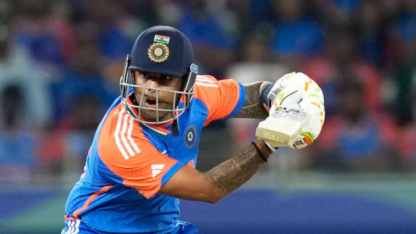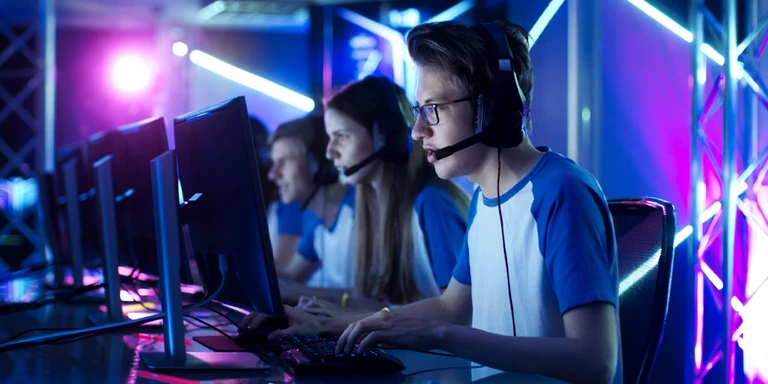China’s ban on new video game licenses has been extended until 2022, putting a stop to hopes that the process would begin by the end of the year. As a result, numerous small gaming-related businesses have closed their doors, prompting the industry’s largest publisher to seek international expansion.
Since the end of July, the National Press and Publication Administration (NPPA), which is in charge of video game licensing in China, has not published a list of approved new titles. This is the country’s longest suspension of new game licenses, following a nine-month pause in 2018 due to regulatory reorganization.
Also Read: Pokimane “People are still mad about women in gaming”; Pokimane explains her hazy Tweet
China’s ban on new video game licenses has been extended until 2022
As a result, many small studios and video gaming-related businesses have gone out of business in recent months, including those involved in merchandising, advertising, and publishing. According to an article published on Friday by the state-run tabloid Securities Daily, almost 140,000 of these businesses have been deregistered since July, based on data from business registry surveillance agency Tianyancha. This was a significant increase over the 180,000 video gaming companies that were expected to collapse by 2020.

Larger companies, such as ByteDance, the owner of TikTok, Baidu, and Tanwan Games, reduced their losses by laying off a number of staff working in the video game sector. Tencent, based in Shenzhen, wants to create a new video game development studio in Singapore under its subsidiary Timi Studio Group, which owns the world’s largest video games industry by revenue and the popular social app WeChat. The honor of Kings and Call of Duty: Mobile are two of Tencent’s most popular mobile games, developed by TiMi.
President Xi Jinping emphasized the issue of gaming addiction among the country’s youth during the Chinese People’s Political Consultative Conference, the other half of China’s annual “two sessions” event in March, prompting the suspension of new licenses. In August, the other main measure was announced: a three-hour weekly gaming restriction for children.
Editor's Pick
 Cricket
'Not out of form, out of position,' Robin Uthappa defends under fire Suryakumar Yadav
Cricket
'Not out of form, out of position,' Robin Uthappa defends under fire Suryakumar Yadav














































